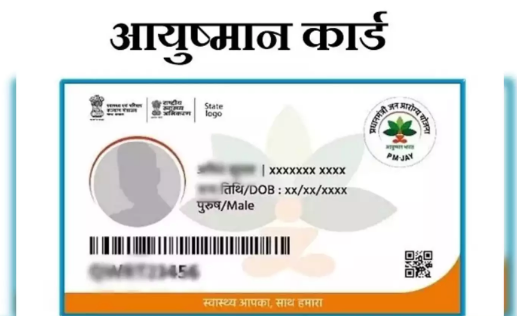Introduction:
Narendra Modi, the 14th Prime Minister of India, has been a pivotal figure in shaping the country’s political landscape. Born on September 17, 1950, in Vadnagar, Gujarat, Modi’s journey from a humble background to the country’s top political position is a remarkable tale of perseverance and political acumen. As the leader of the Bharatiya Janata Party (BJP), Modi has left an indelible mark on India’s socio-economic and political fabric. This article delves into various aspects of Modi’s leadership, his policy initiatives, and the impact he has had on the nation.
Political Rise:
Modi’s political journey began in the early 1970s when he joined the Rashtriya Swayamsevak Sangh (RSS), a Hindu nationalist organization. He rose through the ranks and eventually joined the BJP in 1987. Modi’s efficient organizational skills and dedication caught the attention of the party leadership, leading to his appointment as the Chief Minister of Gujarat in 2001. His tenure in Gujarat was marked by economic growth, infrastructure development, and a focus on good governance.
Economic Reforms and Development:
One of Modi’s key priorities as Prime Minister has been economic development. The introduction of the Goods and Services Tax (GST) in 2017 aimed to streamline the complex tax structure in India, fostering a unified market and simplifying business operations. Additionally, the “Make in India” initiative was launched to boost manufacturing, attract foreign investment, and create employment opportunities.
The Pradhan Mantri Jan Dhan Yojana, another flagship initiative, sought to enhance financial inclusion by providing banking services to the unbanked population. Direct Benefit Transfer (DBT) schemes have further streamlined the distribution of subsidies and welfare benefits, reducing corruption and ensuring that government assistance reaches the intended beneficiaries.
Infrastructure and Connectivity:

Under Modi’s leadership, there has been a renewed emphasis on infrastructure development. The Swachh Bharat Abhiyan, aimed at achieving universal sanitation and cleanliness, has made significant strides in improving hygiene and sanitation across the country. The Pradhan Mantri Awas Yojana aims to provide affordable housing to all by 2022, addressing the housing needs of the urban and rural poor.
The Sagarmala project focuses on developing port infrastructure to enhance coastal connectivity and promote maritime trade. Similarly, the Bharatmala Pariyojana aims to improve road connectivity, especially in rural areas, fostering economic development and reducing regional disparities.
Foreign Policy:
Modi’s foreign policy approach has been marked by proactive engagement and diplomacy. The “Neighborhood First” policy emphasizes building stronger ties with neighboring countries. The “Act East” policy aims to strengthen economic and strategic relations with Southeast Asian nations. Notable initiatives include the International Solar Alliance (ISA) and India’s commitment to addressing climate change through increased reliance on renewable energy.
National Security and Defense:
In matters of national security, Modi’s administration has taken a tough stance, particularly in dealing with cross-border terrorism. The surgical strikes conducted in 2016 and the Balakot airstrikes in 2019 demonstrated a robust response to security threats. The focus on indigenous defense manufacturing through the “Make in India” initiative and the acquisition of advanced defense technology reflect a commitment to bolstering the country’s defense capabilities.

Challenges and Criticisms:
Despite the achievements, Modi’s leadership has faced criticism on various fronts. The implementation of demonetization in 2016, while aimed at curbing black money and corruption, led to short-term economic disruptions. The handling of the COVID-19 pandemic also drew scrutiny, particularly regarding the migrant crisis and the challenges in vaccine distribution.
Critics have raised concerns about issues such as religious intolerance and freedom of expression. The controversial Citizenship Amendment Act (CAA) and the National Register of Citizens (NRC) have sparked debates on inclusivity and secularism in the Indian polity.
Conclusion:
Narendra Modi’s leadership has undeniably left a lasting impact on India’s political and economic landscape. His focus on development, economic reforms, and proactive foreign policy initiatives has positioned India as a key player on the global stage. However, the challenges and criticisms highlight the complexity of governing a diverse and dynamic nation like India.
As the nation continues to evolve, Modi’s leadership will be remembered for its transformative vision and efforts to propel India towards greater economic prosperity and global influence. The legacy of his tenure will be shaped by ongoing developments and the responses to the myriad challenges facing the country.






